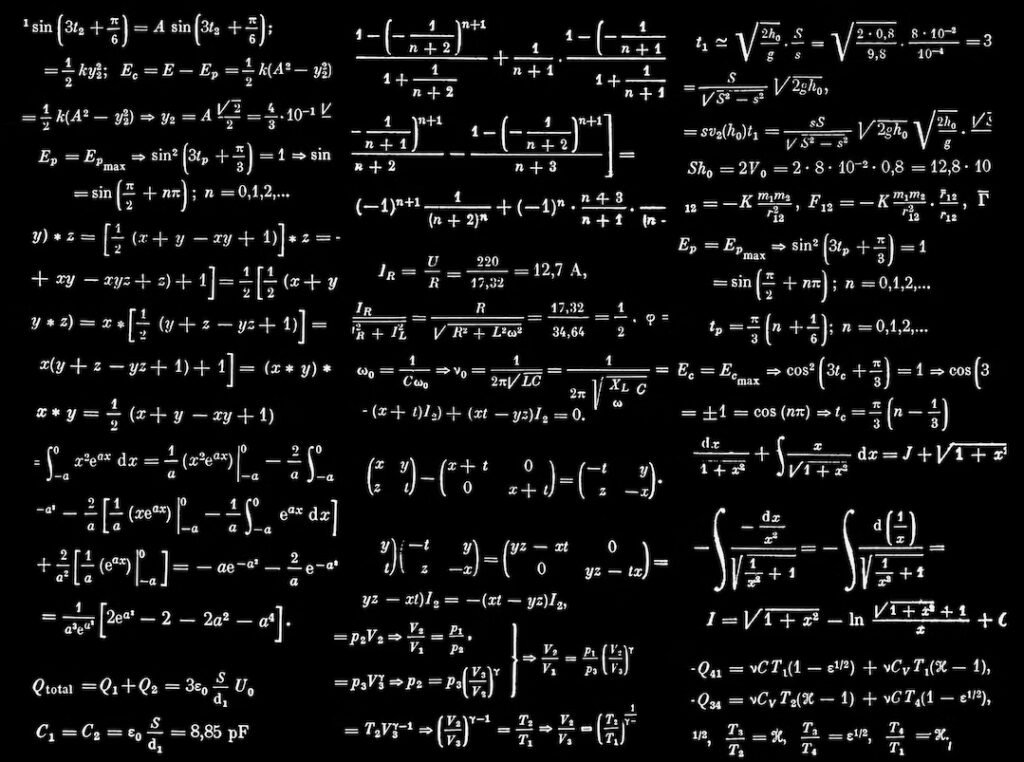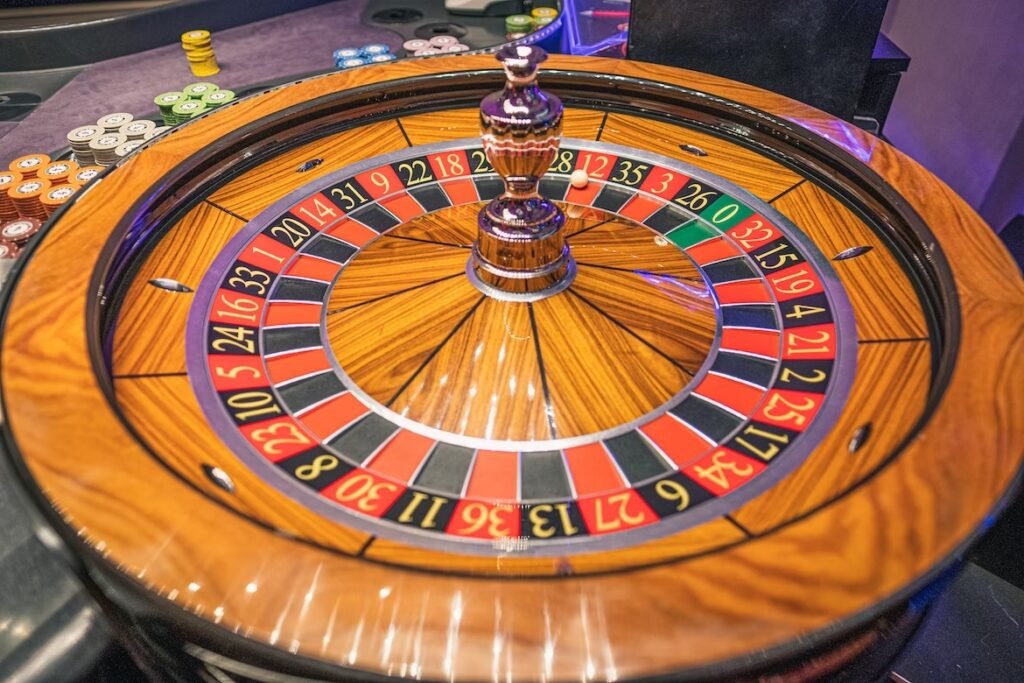
Blaise Pascal was a French physicist and mathematician from the 17th century. However, ‘what kind of connection does Pascal have with the world of gaming?’, we hear you ask. Well, he has a very strong connection indeed. Pascal, who died before his 40th birthday in Paris, was obsessed with innovation and the world of science.
He is said to have contributed to multiple fields in physics, including pressure and the concept of fluid mechanics. We’ll touch upon his legacy surrounding the concept of atmospheric pressure shortly, but we’re most interested in his efforts to accelerate the development of a perpetual motion machine.
Perpetual motion relates to a device or collection of bodies that can move and operate infinitely without the need for an external energy supply. Of course, we now know that such a device or machine is impossible, given that it would breach the laws of thermodynamics. Sadly, today’s state-of-the-art gadgets for bikes and other moving vehicles don’t make it possible to move without some form of external energy source. However, Pascal was the next in a long line of people since the Middle Ages who believed they had the answer to perpetual motion.
The roulette wheel as we know and love it today was initially inspired by Pascal, in his quest to design a wheel that could generate sufficient kinetic energy to continue moving for eternity. Although Pascal soon realised that the wheel could not deliver the perpetual motion that dozens more physicists had failed to achieve before him, the wheel itself still had a form of longevity.

From a failed perpetual motion attempt to a form of entertainment for Monegasque royalty
In the mid-19th century, game creators used the basis of Pascal’s wheel for a new table game called roulette. Francois and Lois Blanc incorporated numbered pockets within the wheel, which included a single green zero, effectively creating the European version of roulette that we play today. The game was devised for King Charles III of Monaco, and the principality is still one of the continent’s most illustrious casino hubs.
The game of roulette has since expanded with the advent of iGaming technology, making it possible for players to spin virtual wheels inspired by Pascal. The outcome on these virtual games is determined by decentralised random number generators (RNGs), helping to ensure a fair and transparent gaming experience. iGaming software studios have also looked to incorporate variations on the classic game of roulette. Many sites now embrace the double-zero alternative alongside the classic single-zero option, which brings new game dynamics and challenges to players. The payouts and probabilities are the biggest differences, which may require altogether different strategies to maximise.
In the 21st century, the game of roulette has seen many next-generation variants arrive onto the scene. Not least, the live dealer segment of the iGaming industry, which has seen real-time games emerge online, including Lightning Roulette. This particular game ‘strikes’ random numbers with massively increased win multipliers before each spin, transforming the earnings potential of players entirely at random.
What else is Blaise Pascal famous for?
We’ve already mentioned that Pascal would play a part in the development of atmospheric pressure. Pascal (Pa) is now a unit of measurement for atmospheric pressure. It is defined as one newton per square metre. Pascal had experimented with hydrostatics and hydrodynamics for some time and his inclusion in the International System of Units (SI) was an acknowledgement of the Frenchman’s impact on the physics of our modern world.
Speaking of hydrostatics, Pascal’s name has also been attributed to a concept in fluid mechanics. ‘Pascal’s Law’, also known as ‘Pascal’s Principle’, is a statement defined by Pascal in 1653 and published ten years later. It says that the pressure applied to any section of an enclosed liquid will be spread evenly in all directions within it.
Pascal also battled ill health for much of his adult years, whilst dedicating his life’s work to science. Scientists and fans of roulette around the world certainly owe Pascal a debt of gratitude.



